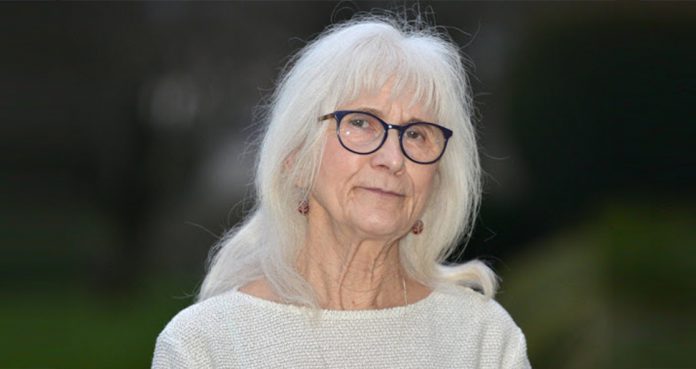Nothing bothered her when she had been told that childbirth was going to be extremely painful.
Jo Cameron, who is now 71, recalled, “I could feel that my body was changing, but it didn’t hurt me.” She felt “a tickle.” And later, she would tell pregnant women, “Don’t worry, it’s not as bad as people say it is.”
However, it was only recently – nearly after 40 years – she realized her friends were not amplifying things. Instead, she learned that there was something very different about her body when it comes to experiencing pain.
According to a new scientific report, Ms. Cameron actually has a rare genetic mutation, which keeps her from feeling pain and anxiety. Scientists are hoping that this finding could help develop effective treatments for pain and anxiety. They believe this genetic mutation explains why she has felt little fear or anxiety throughout her life and why her body heals so quickly.
John Wood, the head of the Molecular Nociception Group at University College London, said, “We’ve never come across a patient like this.”
Researchers have been studying cases after cases of people who experience little or no pain for more than 10 decades. However, a rare genetic mutation Ms. Cameron carries had not been previously identified.
The series of events that led researchers to investigate Ms. Cameron’s genetic mutation began five years ago. At that time, she was living happily on the banks of Loch Ness, Scotland, with her husband. After undergoing hand surgery, a doctor baffled to see that she was not feeling any pain and did not want to take painkillers.
Ms. Cameron recalled telling the doctor, “I guarantee I won’t need anything.”
She was unusual. At 65, she needed hip replacement surgery. She did not experience anything until it got severely degenerated. Nothing hurt her – cuts, burns, or fractures.
A team of researchers started to focus on genetic approaches to understand the physiology of pain and touch. Dr. James Cox, a senior lecturer, inspected her genetic profile and found that it was not resembling that of others who are known to live without pain.
Eventually, Dr. Cox found what he was looking for a gene called “FAAH-OUT.” All of us have this gene. However, in Ms. Cameron’s case, he stated, “the patient has a deletion that removes the front of the gene.”
Ms. Cameron suspects she might have inherited the genetic mutation from her father. She said, “I can’t remember him needing any painkillers. I think that’s why I didn’t find it odd.”
Unfortunately, it will remain a mystery whether he also carried the mutation because he died before the groundbreaking discovery.
Dr. Cox noted, “Her son has the same microdeletion in FAAH-OUT, but does not have the other mutation that confers reduced FAAH function.” In simple words, her son shares some, not all, of her pain insensitivity. Researchers were also fascinated by Ms. Cameron’s remarkably low anxiety level. She cannot recall having felt anxious or depressed throughout her life. In fact, she scored zero out of 21 on an anxiety disorder questionnaire.




















